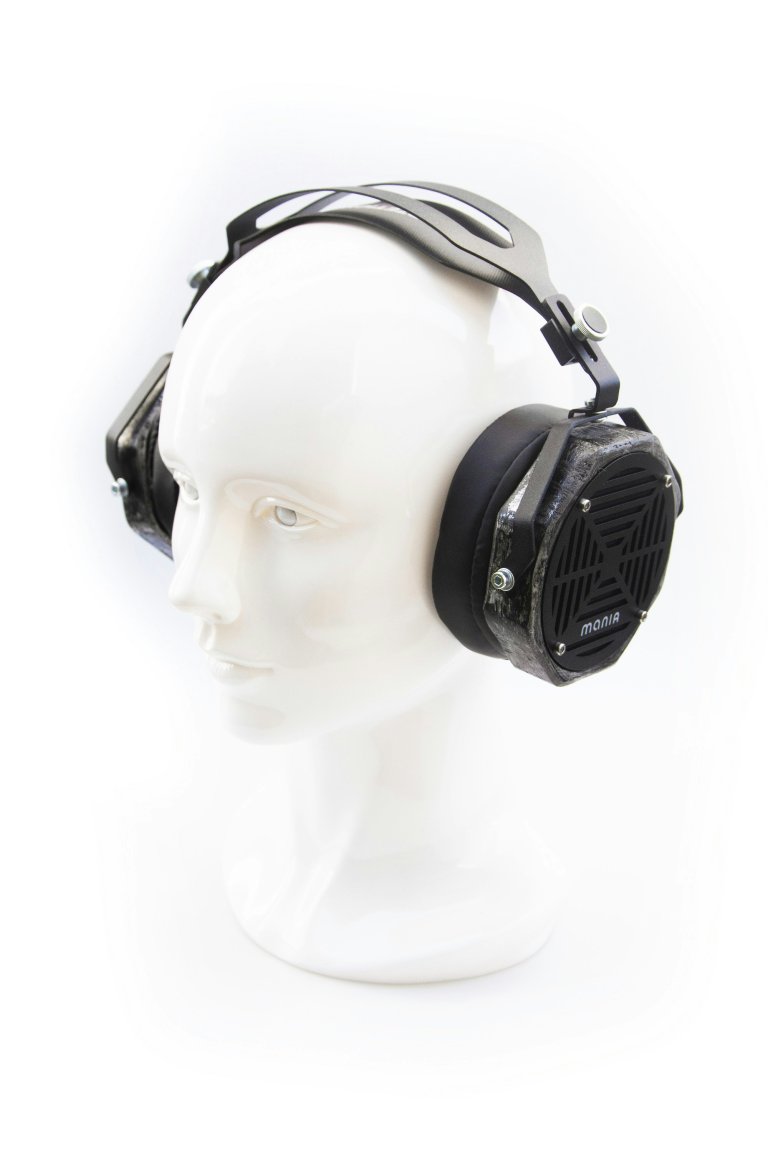Automobile Amplifiers: Information You Actually Find Beneficial
Automobile amplifiers are a crucial component of any car audio system, as they help boost the power and clarity of the sound being produced. They are responsible for taking the audio signal from the head unit and amplifying it before sending it to the speakers. Without an amplifier, the sound produced by your car stereo would be weak and lackluster.
Types of Amplifiers
There are two main types of automobile amplifiers: mono and multi-channel. Mono amplifiers, also known as single channel amplifiers, are specifically designed to power subwoofers. They are able to handle a lower impedance and deliver more power to the subwoofer, resulting in deep and powerful bass. On the other hand, multi-channel amplifiers have multiple channels, usually four or more, and are able to power a combination of speakers and subwoofers. They are more versatile and can provide a balanced sound for all types of music.
Amplifier Power Ratings
One of the first things you will notice when shopping for an automobile amplifier is the power ratings listed. These ratings indicate how much power the amplifier is capable of producing. The most commonly used power ratings are RMS (root mean square) and peak power. RMS power is a more accurate representation of the continuous power an amplifier can produce, while peak power is the maximum amount of power it can deliver in short bursts. It is important to note that a higher RMS power rating does not necessarily mean better sound quality. It is more important to match the power handling of the amplifier to that of your speakers.
Amplifier Classes
Another factor to consider when choosing an amplifier is the class it belongs to. There are four main classes of amplifiers, each with their own advantages and disadvantages.
Class A
Class A amplifiers are known for their high-quality sound, as they provide the most accurate amplification. However, they are not very efficient and tend to run hot, requiring a larger heat sink to dissipate the heat.
Class B
Class B amplifiers are more efficient than Class A, but they are not as accurate. They have a smaller heat sink and produce less heat, making them a popular choice for car audio systems.
Class AB
Class AB amplifiers combine the characteristics of Class A and B. They are more efficient than Class A and provide better sound quality than Class B. They are a good compromise for those looking for both efficiency and sound quality.
Class D
Class D amplifiers are the most efficient of all the classes, making them a popular choice for car audio systems. They are able to produce a significant amount of power while generating very little heat. However, they are not as accurate as Class A or AB amplifiers and can introduce distortion in the sound.
Amplifier Features
Amplifiers come with a range of features that can enhance your listening experience. Some of the most common features include:
High and Low-Pass Filters
High and low-pass filters allow you to control the frequencies that are sent to your speakers. High-pass filters only allow high frequencies to pass through, while low-pass filters only allow low frequencies to pass through. This can help improve the clarity and balance of your sound.
Bass Boost
Bass boost is a feature that increases the lower frequencies in your sound. This can come in handy when listening to music that lacks bass, but be cautious as too much bass boost can distort the sound.
Gain Control
Gain control allows you to adjust the input signal level to match the output power of your amplifier. This is important for ensuring the best sound quality and preventing distortion.
Number of Channels
As mentioned earlier, the number of channels an amplifier has will determine how many speakers and subwoofers it can power. Make sure to choose an amplifier with enough channels to meet your car audio needs.
Installation and Compatibility
When installing an amplifier in your car, it is important to ensure that it is compatible with your car’s electrical system. It is recommended to consult a professional installer to avoid any potential damage to your vehicle. You should also make sure to use the appropriate gauge wires and install a fuse to protect the amplifier and your car’s electrical system.
In Conclusion
Choosing the right amplifier for your car audio system is crucial for a satisfying listening experience. Consider your car’s electrical system, the type and number of speakers you have, and the features you want when making a decision. With the correct amplifier, you can significantly improve the sound quality of your car stereo and create an immersive listening experience on the road.
